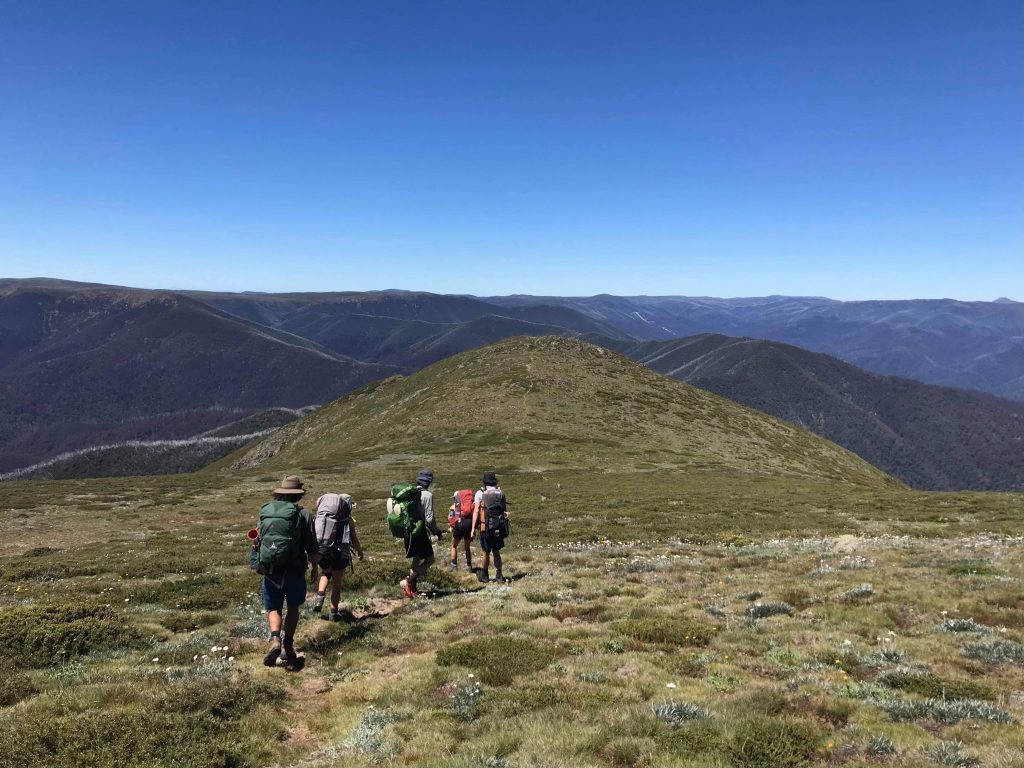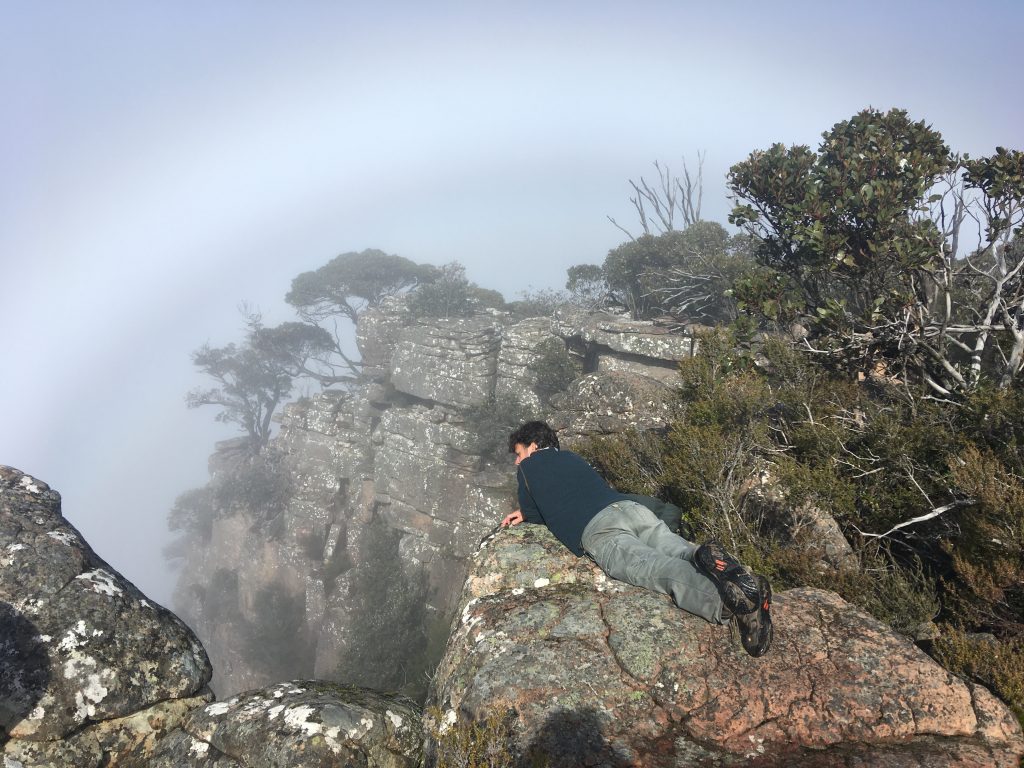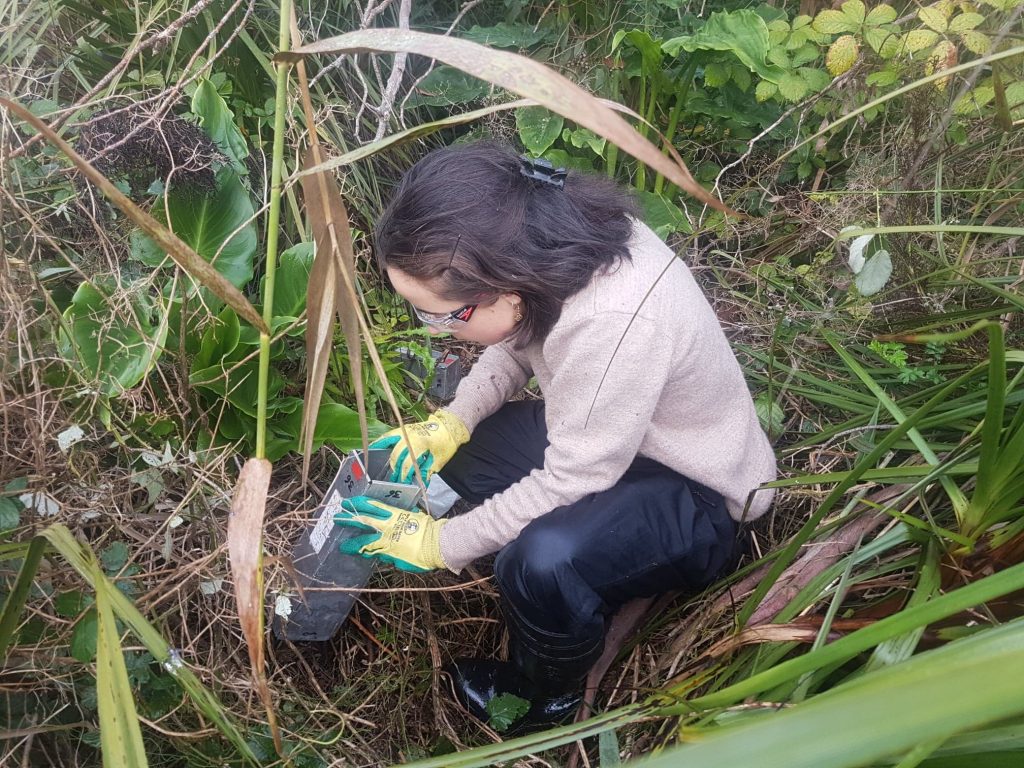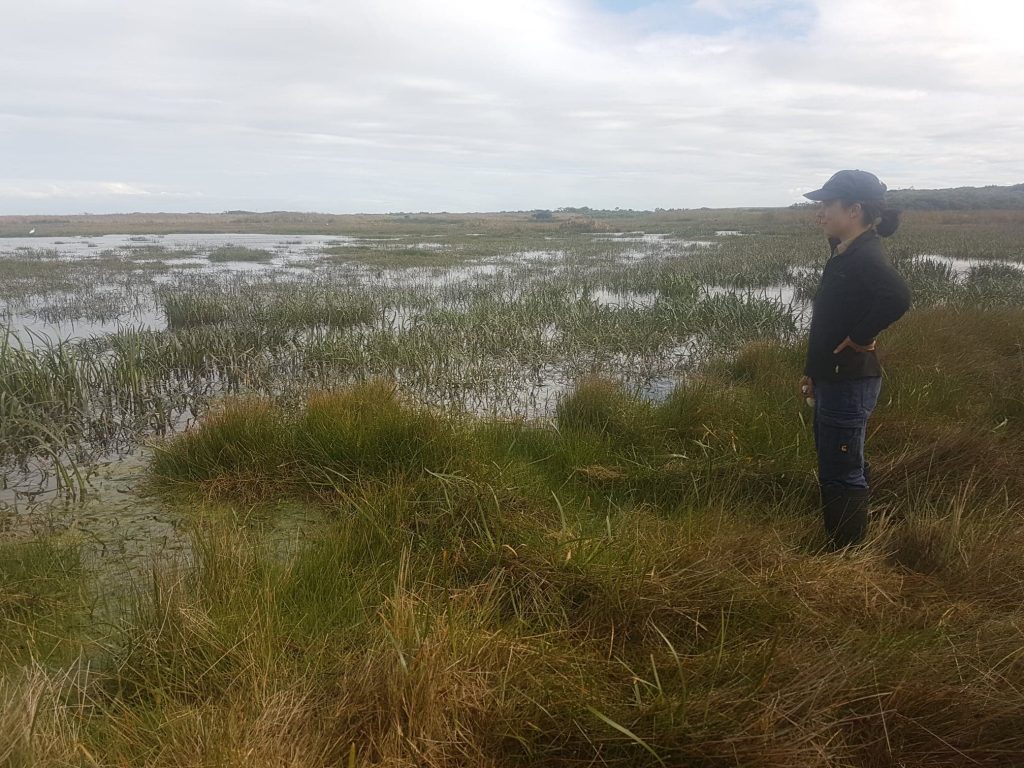Lily’s experience as a Volunteer Field Assistant with NGT (and volunteering tips)
In recent weeks NGT has been undertaking a swamp antechinus survey in the Limestone Coast region of South Australia, aiming to update knowledge on the species since it was last surveyed 20 years ago. You can read more about the swamp antechinus survey here and our recent discovery of this threatened species at Hutt Bay here.
Fauna surveys can be fairly labour intensive and so I was glad to have an extra set of hands to carry out the first part of this fieldwork. Lily Alvarez, a recent graduate, was my trusty assistant for three weeks and has this to say about her experience:
As a human growing up in a big city (Narrm/Melbourne), I was lucky enough to be brought up to value and understand the natural world. And I think deep down, I’ve always felt more at home in the world outside of the concrete jungle. After finishing a degree in Wildlife and Conservation Biology (majoring in Ecology) at La Trobe University in Melbourne, I was keen to get out and make a difference. The course offered many field trip subjects, which fueled me through and reinforced my love for field ecology. I am an avid adventurer – exploring landscapes whenever and however I can, and recognise the privilege I have in doing so. I acknowledge and appreciate the places that I am travelling through and am interested in learning about environments and their processes. I’m always looking for ways to give back to these places that offer me so much joy and revival.

Hiking with friends at Mt Bogong, Alpine National Park 
Lily’s whole family enjoy the outdoors. Here her father checks out the view in Gariward/Grampians National Park.
As with many other conservation initiatives I was made aware of growing up, I came to hear of NGT through my Dad, who donates to NGT on behalf of our family. Together, we like to visit the Walker Swamp Restoration Reserve whenever we find ourselves nearby and keep up with NGT’s other projects. At Walker Swamp, the rejuvenation of such a landscape is magical to witness. You can feel the life there and how important a place like that is to so many living things. NGT is doing such invaluable work in a time when land is often viewed in terms of economic or social value, when its conservation values are of such importance, will flourish if they are fostered, and give back to us in so many ways.
So, I got in touch and was pleased to hear back from NGT that I could help out with swamp antechinus surveying at different sites between Mt Gambier to the coast, on public reserves and privately owned properties. I was stoked!
The fieldwork itself has been both stimulating and challenging. I have had leeches on my lips and smelt like a rat at the end of each day. But these cons are all part of the experience and by no means took away from having a glimpse into these special environments and species. Not even close!
In the traps, we came across native bush rats, swamp rats, swamp antechinus and introduced house mice and black rats. With expert guidance, I quickly learnt how to identify each and after a few days of trapping, also recognised patterns in how different species behaved in the traps and upon release. It was very exciting when we started capturing swamp antechinus! Such precious animals.

Working with Rose Thompson (Project Ecologist at NGT), I could instantly sense her dedication to the project. Growing up around the areas we were surveying, she holds a deep care and connection with the ecosystems and their protection.
Mark Bachmann (NGT’s Manager and Principal Ecologist) came out with us on my second night of trap checking. Mark’s passion was palpable. The adrenaline of the night’s traps checks wasn’t just due to the creatures we were finding in the traps, but an excitement that was growing inside me; fueling me to do more work like this, get involved and learn. Learn about places, the people that care for them and the flora, fauna and processes that make them what they are.
I am very grateful to NGT for the opportunity and would be keen to be involved in the future. I will say one thing about seeking volunteering opportunities – try not to doubt yourself. Try not to think: ‘I can’t do that’ or ‘I would be a burden’ or ‘I’m not qualified enough’. Putting yourself out there and making meaningful connections with people and places are what matter. So that ultimately, you are placed in better stead to make a difference in this wild and wonderful world.

The swamp antechinus survey is still underway, so keep an eye out for further updates in the future. A big thank you once again to Lily for all your hard work with us; and to Deb and Rob for hosting Lily.
This project is supported by the Limestone Coast Landscape Board.

